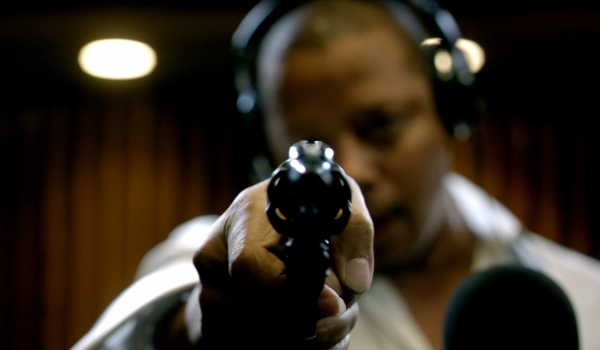

Some characters, like the Cleon clones or the seemingly immortal robot Demerzel, play well into the themes of the series and help give weight to the sheer size and scale of the Empire. The practical concerns of running a multi-season TV series also clearly impact the show. Meanwhile, the third leg of the story, the prolonged drama of Gaal’s shuttling in cryo from place to place as the show hints at her mysterious powers, is… less compelling. And Salvor Hardin’s cat-and-mouse game on Terminus with the Anacreons is enjoyable sci-fi fare, too.

The “genetic dynasty” of a succession of Lee Paces ruling the crumbling empire with an iron fist is the show’s highlight, thanks in no small part to Pace’s dynamic performances as the cloned Brother Day.

The individual stories here are generally interesting on their own. But even with that said, after borrowing the basic premise - the Empire is going to fall and mankind will suffer 30,000 years of darkness unless something is done to cushion the dark age to 1,000 years, because “fancy math” - Foundation just seems wholly uninterested in exploring that concept past the first episode or two. I get that there’s bound to be differences in adapting a seven-book series (not counting the expanded Empire and Robot stories that Asimov later tied into a mostly cohesive whole) that was retroactively forged into books out of numerous short stories aiming to tell a story spanning 1,000 years of human history. But the story that’s being told here is emphatically not that of Foundation from the Asimov books. With the first season in the bag, I’m actually really enjoying the show as interesting, high-concept sci-fi. Chaim: I’m really of two minds about Foundation.


 0 kommentar(er)
0 kommentar(er)
